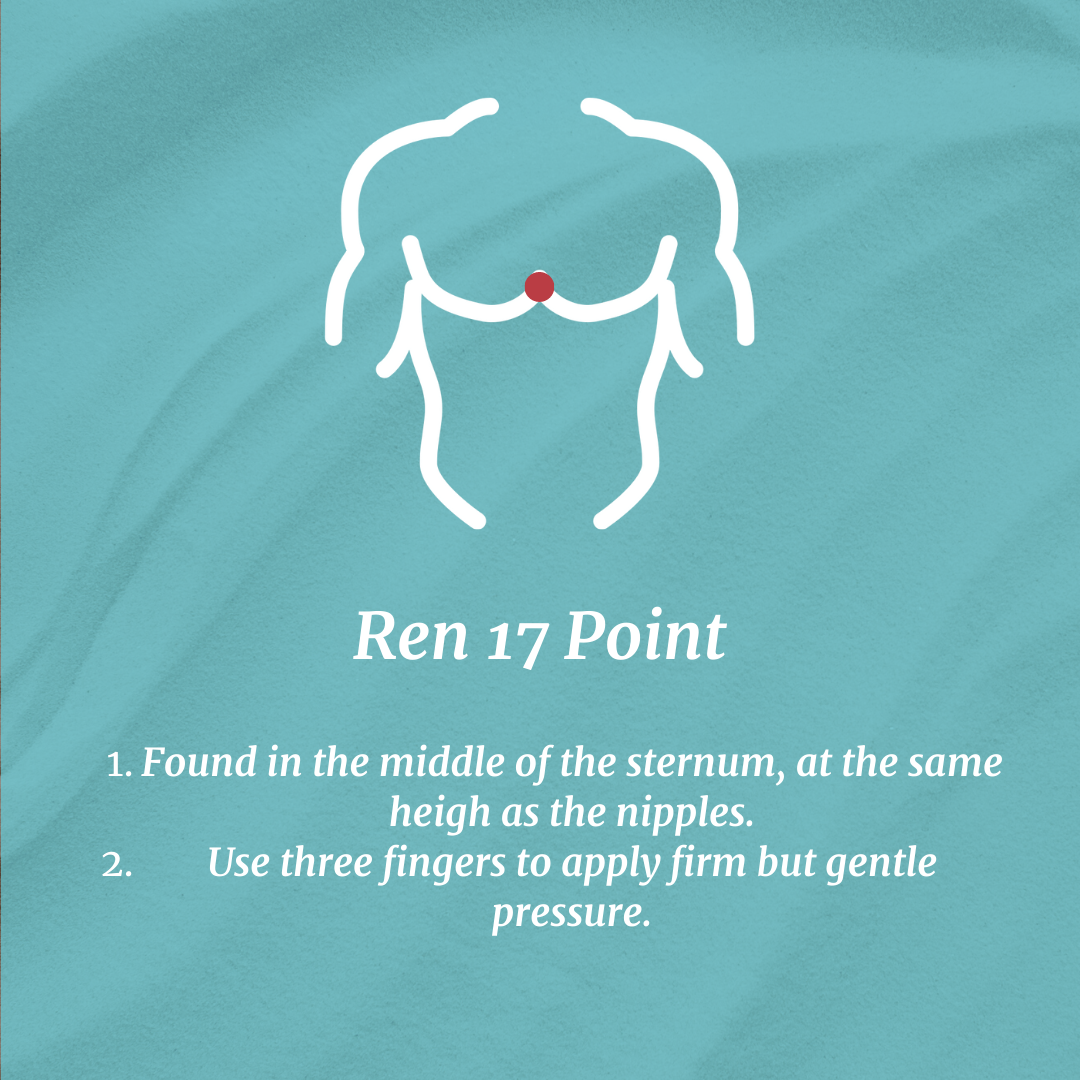Stress and anxiety levels have increased so drastically in recent years that the trend has become an epidemic all its own. In fact, symptoms of anxiety disorder among US adults literally quadrupled between 2019 and 2021!
But did you know that you already have a first line of defense against stress and anxiety built right into your body?
Three Acupressure Points Recommended by the Cleveland Clinic
While acupressure is an ancient technique that comes from traditional Chinese medicine, it's exciting to know that its usefulness for anxiety (as well as nausea and insomnia, as we've shown in other posts) is increasingly supported by studies carried out within the context of modern Western medicine as well.
When you're feeling that stress is taking over, the Cleveland Clinic recommends three pressure points that can help you find relief without drugs or side effects.
The P6 or Nei Guan Point: Useful for Anxiety AND Nausea!
The P6 point, also known as Nei Guan, is the Cleveland Clinic's first recommendation. Many clinical studies that account for the placebo effect have shown that this point is effective for relieving both nausea and anxiety.
How to Find the P6 Point

You can easily find the P6 point three finger-widths below the wrist crease on the underside of the arm, between the two centr al tendons. To stimulate it, you may apply pressure with the other hand, or you may use a pair of acupressure wrist bands like Blisslets so you can get hands-free relief while you get on with your day.
The Hall of Impression or Yintang Point
The second acupressure point the Cleveland Clinic recommends for stress and anxiety relief is known by many names, including Yintang, Hall of Impression, or even "The Third Eye." Just massage this point with your index finger for a few minutes to start feeling relief. Studies from 2017 and 2018 on people about to undergo surgery showed that acupressure or acupuncture on this point was effective in reducing anxiety levels.
How to Find the Yintang Point

To find the Hall of Impression point, simply place your index finger in the spot between your eyebrows and massage in a circular motion. That's all there is to it!
The Ren 17 Point
To relieve anxiety with the Ren 17 acupressure point, use three fingers to apply firm but gentle pressure for a few minutes. Simply keep the pressure on the appropriate point; there is no need to massage.
How to Find the Ren 17 Point

You can find the Ren 17 point in middle of the sternum, at the same height as your nipples. This is a great point to try when your stress literally feels like a weight on your chest.
The Hidden Dangers of Stress and Anxiety
The more we find out about the human body, the more reasons we have to be amazed. As we all know, stress and anxiety are bad enough in themselves, but many people are unaware that prolonged exposure to them can have serious negative effects on their body, mood, and behavior. The issues that may arise include everything from headaches and upset stomach to depression and substance abuse.

Including Acupressure in Your Anxiety Toolkit
The fact that we can use natural acupressure as a way to help the body let go of stress and anxiety is great news for all of us who have to navigate the high pressure environment that is modern life. It is important, however, to find ways of keeping our level of stress under control before we are caught in an overwhelming situation.
What can help manage stress so it doesn't get out of hand?
The Mayo Clinic, another world-renowned medical institution that takes an integral approach to health, recommends increased exercise, using relaxation techniques, and prioritizing time for friends and family, among various aids. Acupuncture and acupressure, such as the P6-point pressure Blisslets provide, should be tools in this broader anti-anxiety toolkit.
Take Stress and Anxiety Seriously, and Seek Help When Needed
As we've seen already, stress and anxiety can lead to very delicate situations when it comes to your health and wellbeing. While a certain level of stress is normal, if you find that you've taken steps to cope but your symptoms continue or even intensify, consider finding help from a professional counselor or therapist. A healthcare professional can assist you in pinpointing the sources of your stress, learning new coping tools, and assessing the treatment options available.

